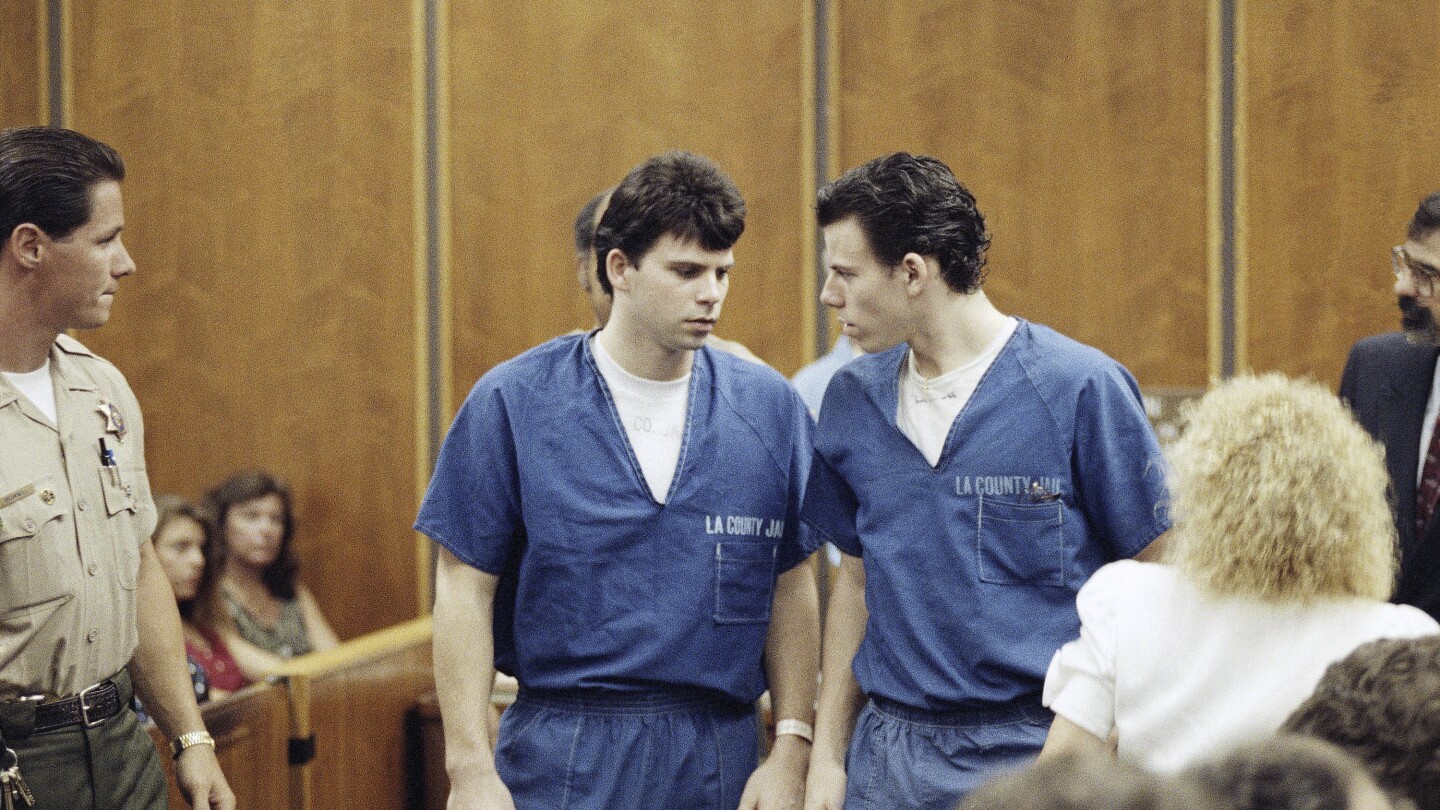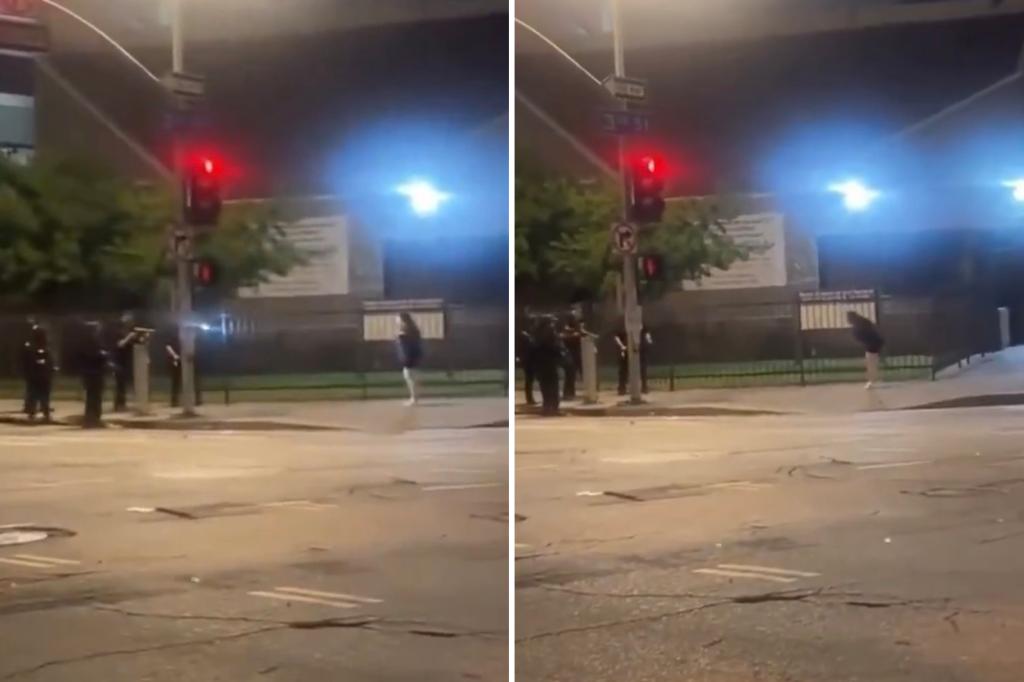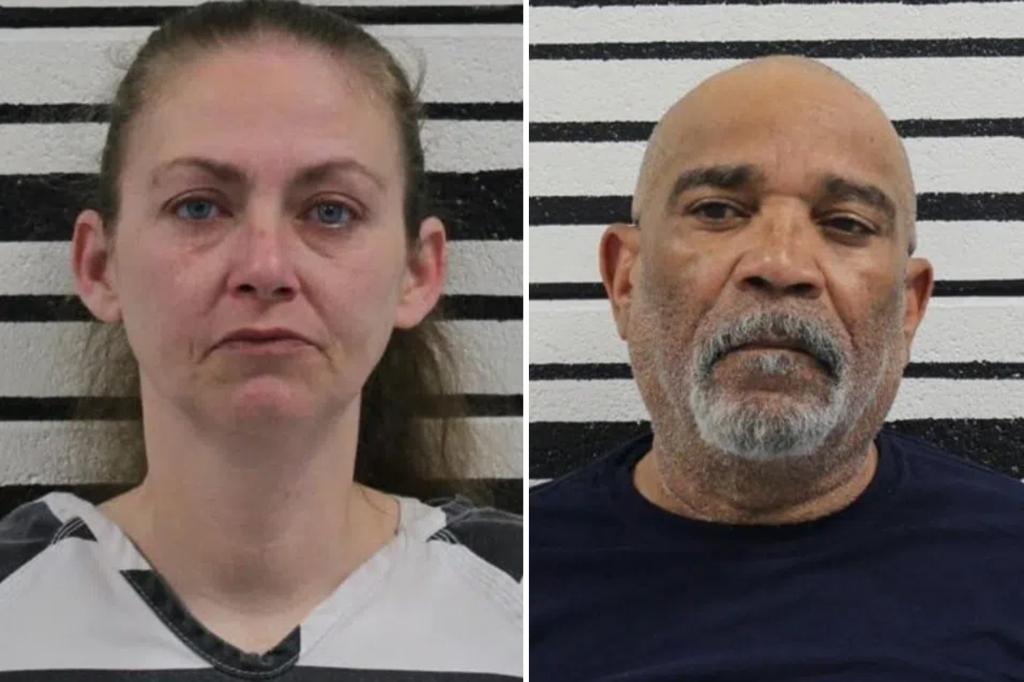The Menendez Brothers Case: A Mirror of Evolving Cultural Norms
In August 1989, Lyle and Erik Menendez brutally murdered their parents in their Beverly Hills mansion, sparking a trial that would captivate America. Over three decades later, their case remains a lens through which to examine shifting societal attitudes toward crime, family dysfunction, and media sensationalism. The brothers’ trials—first in 1993 and again in 1996—reflected growing debates about abuse, privilege, and justice, themes that still resonate today.
The Crime and Its Immediate Aftermath
The Menendez brothers, then 21 and 18, shot their parents, José and Kitty Menendez, with shotguns in what they initially claimed was a mob hit. However, their lavish spending spree after the murders—including purchases of Rolexes and sports cars—raised suspicions. By March 1990, both confessed, but their defense pivoted to claims of long-term sexual abuse and emotional torment.
“This wasn’t just a murder case; it was a referendum on how society views victims of abuse,” says Dr. Emily Carter, a criminologist at UCLA. “The Menendez brothers forced the public to confront uncomfortable questions about familial trauma and privilege.”
Media Frenzy and the Birth of the ‘Trial of the Century’
The trials became a media circus, predating the O.J. Simpson case and setting the stage for reality TV-style legal coverage. Court TV broadcast the proceedings live, and nightly news programs dissected every twist. The brothers’ tearful testimonies about abuse—a rarity in high-profile cases at the time—divided public opinion.
- Viewership: An estimated 15 million households tuned in daily during key testimonies.
- Cultural Impact: The case inspired TV movies, documentaries, and even a recent dramatization (Law & Order True Crime: The Menendez Murders).
Shifting Attitudes Toward Abuse and Mental Health
In the 1990s, discussions about childhood trauma were nascent. The Menendez defense team’s strategy—highlighting alleged sexual abuse—was groundbreaking but polarizing. While some jurors sympathized, others dismissed it as a ploy. Today, with greater awareness of PTSD and complex trauma, the case might have unfolded differently.
“Modern juries are more likely to consider trauma as a mitigating factor,” notes legal analyst Mark Harris. “Back then, the idea of affluent teens claiming abuse was met with skepticism.”
Privilege, Race, and the Justice System
The Menendez brothers’ wealth and ethnicity (they are of Cuban descent) added layers to the narrative. Critics argued their privilege bought them a more sympathetic hearing than minority defendants. Conversely, others saw their convictions—after hung juries initially—as proof the system could hold the wealthy accountable.
Recent data underscores lingering disparities: A 2023 Stanford study found that white defendants in abuse-related cases receive lighter sentences by an average of 22% compared to Black or Latino defendants.
The Case’s Legacy in True Crime and Pop Culture
The Menendez saga paved the way for true crime’s boom. Podcasts like You’re Wrong About and RedHanded have revisited the case, often framing it through contemporary feminist and psychological lenses. Meanwhile, Erik and Lyle, now serving life sentences, continue to petition for retrials, citing new evidence of abuse.
Future Implications: A Case That Won’t Fade
As societal norms evolve, so does the Menendez case’s interpretation. With California reconsidering sentencing laws for abused defendants, their story may yet see another chapter. For now, it remains a touchstone for debates about justice, media, and the enduring scars of family trauma.
For deeper analysis, explore our podcast series interviewing key legal experts and journalists who covered the trial.
See more CNET 247



